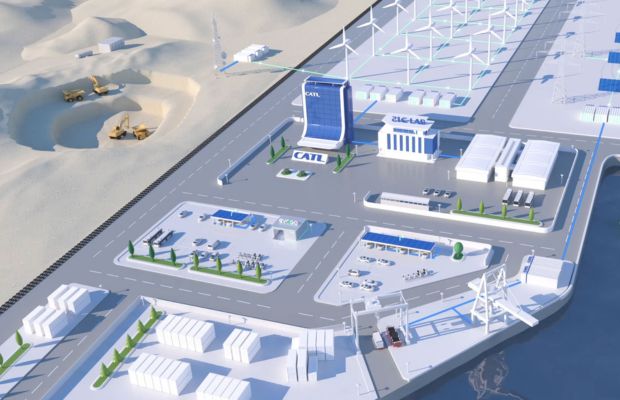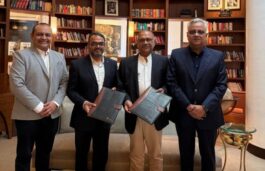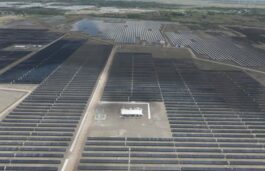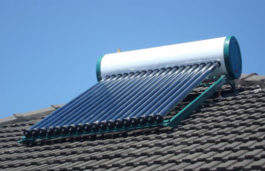Highlights :
- The new electrolyte has the potential to boost battery efficiency by 50 per cent at temperatures as low as minus 20 degrees Celsius, and by 43 per cent under normal temperatures

Chinese battery manufacturer CATL has revealed the development of materials for lithium-ion batteries which would augment the charging efficiency of electric vehicles (EVs), particularly in extremely cold conditions.
During a forum in Shanghai, Wu Kai, the chi
ef scientist at CATL, revealed that the firm has successfully created new electrolyte materials that can dramatically enhance the charging efficiency of existing lithium-ion battery designs. The new electrolyte has the potential to boost efficiency by 50 per cent at temperatures as low as minus 20 degrees Celsius, and by 43 per cent under normal temperatures.
CATL’s advancements may enable the mass production of batteries capable of providing a driving range of 400 kilometres with just a 10-minute charge as early as this year. However, the company’s ambitions don’t stop there—they aim to further reduce the charging time to an impressive five to seven minutes.
While automakers and suppliers continue their race to develop solid-state batteries for increased power and range, CATL’s latest breakthrough in lithium-ion technology brings immediate benefits. Solid-state batteries are still in the prototype stage and are expected to remain costly for several years.
Why is Cold Weather a Challenge?
Cold weather poses challenges for electric vehicles (EVs) due to the impact on the electrolyte solution’s reaction speed, which is crucial for the flow of charge between the battery’s electrodes. Additionally, EVs require extra energy to heat the vehicle in cold conditions, further reducing their range. It’s worth noting that cold weather generally affects vehicle performance, regardless of whether the vehicle is electric or gas-powered.
Several studies have examined the range of electric vehicles in cold weather, consistently finding that the distance they can travel without recharging decreases as temperatures drop. For example, according to a 2019 study conducted by AAA, at temperatures of 20 degrees Fahrenheit, cars averaged only 59 per cent of their driving range compared to driving at 75 degrees. In a more recent 2022 research by Consumer Reports, it was shown that although the cold-weather range has improved over the years, cruising at 70 mph in cold weather still reduces the range by approximately 25 per cent compared to mild weather conditions. The tests were conducted with average temperatures of 16 degrees Fahrenheit for cold days and 65 degrees Fahrenheit for mild days.





























